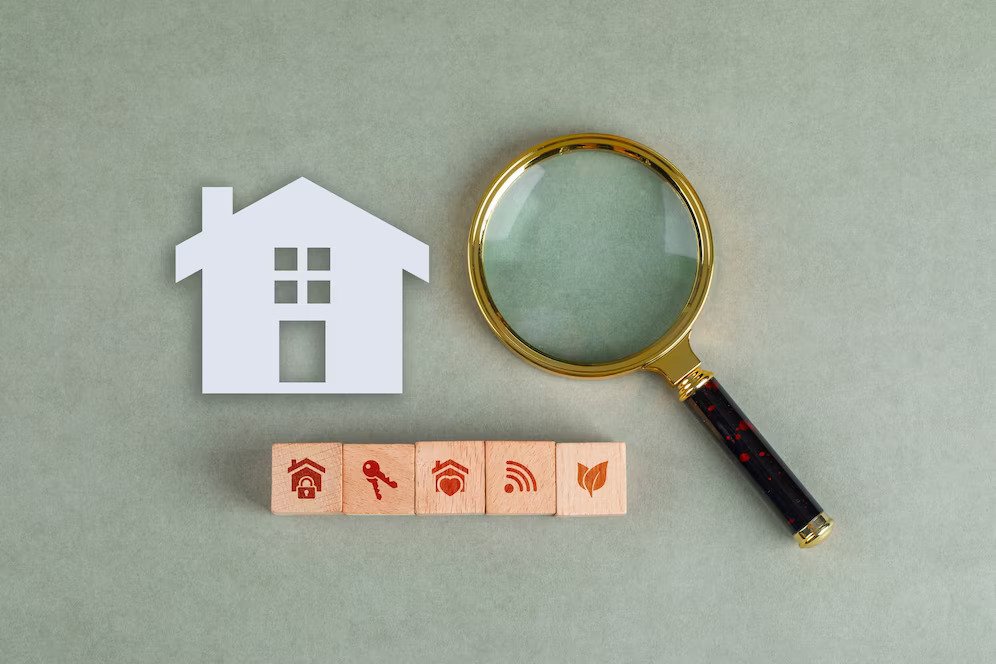When you’re in the market for a new home in the Motor City, getting a thorough home inspection in Detroit MI is one of the most crucial steps you’ll take. Whether you’re eyeing a historic Tudor in Boston-Edison or a mid-century modern gem in Palmer Woods, the right home inspector can save you from costly surprises down the road. But how do you find someone who’ll catch every potential issue? Let’s dive into everything you need to know about choosing a qualified home inspector in Detroit.
Understanding Why a Home Inspection Matters in Detroit’s Market
Detroit’s housing market has its own unique characteristics that make professional home inspections particularly important. Our city’s diverse housing stock ranges from century-old mansions to newly renovated properties, each presenting its own set of challenges and potential issues. Many homes have witnessed decades of Michigan’s harsh winters and scorching summers, making a thorough inspection even more critical.
The Stakes Are High
Think about it – buying a home is likely the biggest investment you’ll ever make. When you’re putting hundreds of thousands of dollars on the line, spending a few hundred on a quality inspection is a smart move. A professional inspector acts as your eyes and ears, identifying issues that might not be apparent during a casual walkthrough.
Essential Qualifications to Look For
Licensing and Certification Requirements
Michigan doesn’t require home inspectors to be licensed, which might come as a surprise. However, this makes it even more important to look for inspectors who’ve taken the initiative to obtain proper certifications. The most reputable inspectors typically hold certifications from organizations like:
- The International Association of Certified Home Inspectors (InterNACHI)
- The American Society of Home Inspectors (ASHI)
- The National Association of Home Inspectors (NAHI)
These certifications indicate that the inspector has completed extensive training and adheres to strict professional standards.
Experience Matters
While certification is important, there’s no substitute for hands-on experience, especially in a market like Detroit. An inspector who’s been examining homes in the area for several years will:
- Understand common issues in Detroit’s older homes
- Be familiar with local building codes and their evolution
- Know the typical construction methods used in different eras
- Recognize regional challenges like basement flooding or foundation issues
What Should the Inspection Cover?
Comprehensive Examination Areas
A thorough home inspection should cover all major systems and components of the home:
Structural Components
- Foundation and basement condition
- Wall structures and support systems
- Roof framing and attic space
- Signs of water damage or structural movement
Exterior Elements
- Siding and trim condition
- Window and door integrity
- Drainage systems and grading
- Condition of porches and decks
Interior Systems
- Electrical systems and wiring
- Plumbing infrastructure
- HVAC systems
- Insulation and ventilation
Safety Features
- Smoke and carbon monoxide detectors
- Electrical safety systems
- Proper ventilation in key areas
- Emergency exits and accessibility
Understanding the Report
A good inspector doesn’t just identify problems; they explain them in terms you can understand. The inspection report should be:
- Detailed and comprehensive
- Clear and easy to understand
- Supported by photographs
- Accompanied by maintenance recommendations
- Prioritized by urgency and safety concerns
Red Flags to Watch Out For
Warning Signs When Choosing an Inspector
Be wary of inspectors who:
- Offer unusually low rates compared to the market average
- Promise extremely quick inspections
- Won’t allow you to attend the inspection
- Can’t provide recent references
- Don’t carry proper insurance
- Seem dismissive of your questions or concerns
The Importance of Independence
Your inspector should be completely independent and not affiliated with real estate agencies or contractors. This independence ensures they’re working solely in your interest and not trying to generate business for other parties.
Making the Most of Your Inspection
Before the Inspection
Prepare for the inspection by:
- Researching the inspector’s background and credentials
- Making a list of specific concerns about the property
- Gathering any available documentation about the home
- Ensuring all areas of the home are accessible
During the Inspection
Take an active role in the process:
- Attend the inspection if possible
- Ask questions about anything you don’t understand
- Take your own notes and photos
- Pay special attention to major systems and safety issues
After the Inspection
Once you receive the report:
- Read it thoroughly and ask for clarification if needed
- Research any unfamiliar terms or systems mentioned
- Get estimates for any necessary repairs
- Use the findings to negotiate with the seller if appropriate
Understanding the Cost Factor
Investment vs. Value
A quality home inspection in Detroit typically costs between $300 and $500, depending on the size and age of the home. While it might be tempting to go with the cheapest option, remember that this is an investment in your future home’s safety and your financial security.
Additional Specialized Inspections
Sometimes, your primary inspection might reveal issues that require specialized attention. Common additional inspections in Detroit might include:
- Radon testing
- Mold inspection
- Asbestos testing (especially in older homes)
- Lead paint testing
- Pest inspection
Making Your Final Decision
Questions to Ask Potential Inspectors
When interviewing inspectors, consider asking:
- How long have you been inspecting homes in Detroit?
- What are your certifications and continuing education practices?
- Can you provide sample reports and recent references?
- What is your inspection process, and how long does it typically take?
- Do you carry professional liability insurance?
- What is your policy on follow-up questions after the inspection?
Trust Your Instincts
While credentials and experience are crucial, don’t underestimate the importance of communication and professionalism. Choose an inspector who:
- Responds promptly to your inquiries
- Explains things clearly and patiently
- Shows up on time and maintains professional conduct
- Demonstrates genuine interest in helping you make an informed decision
Final Thoughts
Choosing a qualified home inspector in Detroit requires careful consideration and research, but the effort is well worth it. The right inspector will provide you with valuable insights about your potential new home and help you make an informed decision about your investment. Remember, a thorough home inspection is not just a requirement for buying a home – it’s an investment in your peace of mind and financial security.
Take your time in selecting an inspector, ask plenty of questions, and don’t hesitate to keep looking until you find someone who meets all your criteria. After all, the quality of your home inspection could be the difference between making a sound investment and facing unexpected repairs down the road.












Leave a Reply